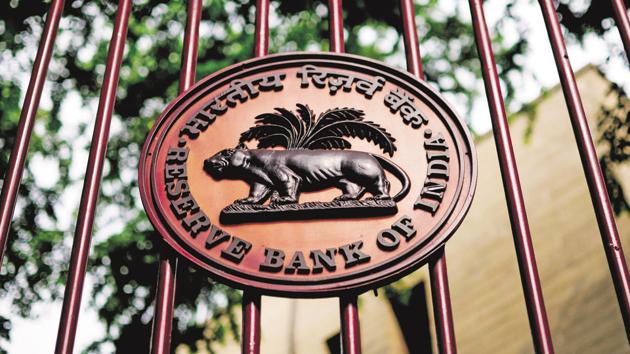In ‘final warning’, SC tells RBI to be more transparent on RTI disclosures
The apex court also ordered RBI to “withdraw its disclosure policy”, which it said, is in violation of an order passed by the court in 2015, directing the central bank to disclose information under the provisions of the RTI Act.
The Supreme Court (SC) on Friday ordered the Reserve Bank of India (RBI) to disclose its annual inspection reports of banks, along with the list of wilful defaulters and information related to them, under the Right to Information Act (RTI).

RBI is “duty bound under the law” to disclose information sought under the RTI Act, it said.
The apex court also ordered RBI to “withdraw its disclosure policy”, which it said, is in violation of an order passed by the court in 2015, directing the central bank to disclose information under the provisions of the RTI Act. It gave RBI “one last opportunity” to comply with the orders. “Any further violation shall be viewed seriously,” said the bench comprising Justices L. Nageswara Rao and M.R. Shah, who warned that the central bank could face contempt proceedings if it failed to furnish the information. Friday’s order is part of long-running attempts to extract financial information in the backdrop of mounting bad debts at banks, with RBI resisting such attempts and bankers worrying about the potential impact on financial stability.
Banks’ total non performing assets amounted to ₹11.2 trillion in FY18. In January, the top court had issued a contempt notice to RBI on a petition filed by RTI activists Subhash Chandra Agrawal and Girish Mittal, who said RBI had failed to disclose information they had sought on its annual inspection reports of banks. They claimed former RBI governor Urjit Patel had “wilfully” not complied with an order of the SC dating back to December 2015. Back then, the SC heard the complaints of a batch of transferred cases from different high courts under the case name of Jayantilal N. Mistry and others, to whom RBI had similarly denied information sought under the RTI Act. These petitioners had sought copies of RBI’s inspection reports of ICICI Bank, Axis Bank, HDFC Bank and State Bank of India, between April 2011 and December 2015. But the central bank said such information was exempted under section 8(1)(e) of the RTI Act and section 45NB of the Reserve Bank of India Act, 1934. Ruling on the matter in December 2015, the SC judge M.Y. Eqbal rejected RBI’s defence of “economic interest” and “fiduciary relationship”. The court observed that RBI is a statutory regulatory authority, which oversees the functioning of the banks, and the information about the banks is with it only by virtue of its nature as a statutory authority.
The court had held that RBI is accountable to the general public and cannot withhold information under the defence of “trust” with the financial institutions.
The court ruling prompted an immediate political response from advocate and activist Prashant Bhushan, who tweeted in a reference to Prime Minister Narendra Modi, “Today, during the contempt proceedings, the SC has yet again ordered RBI to disclose it. Will Chowkidar comply?” An RBI spokesperson said the central bank does not have any comment to offer at the moment. “Typically bank inspection reports are not made public. The report is a comprehensive assessment of banks as an entity. Various thoughts can be taken out of context and could lead to wrong conclusions. That is a danger,” said R. Gandhi, former RBI deputy governor. RBI is empowered under section 35 of the Banking Regulation Act, 1949 to conduct annual inspection of all commercial banks—public, private and foreign. It conducts an on-site inspection of all banks once a year. RBI officials visit the head offices and branches of banks to inspect the books.
Currently, the annual inspection is based on a Risk-Based Supervision method which focuses on “evaluating both present and future risks, identifying incipient problems and facilitates prompt intervention/early corrective action”. It covers financial position, functioning of board and various links of the bank, details of assets and liabilities, treasury management, asset liability management, liquidity operations, para banking activities, etc.
Get Current Updates on India News, Ram Navami Live Updates , Lok Sabha Election 2024 live, Elections 2024, Election 2024 Date along with Latest News and Top Headlines from India and around the world.



